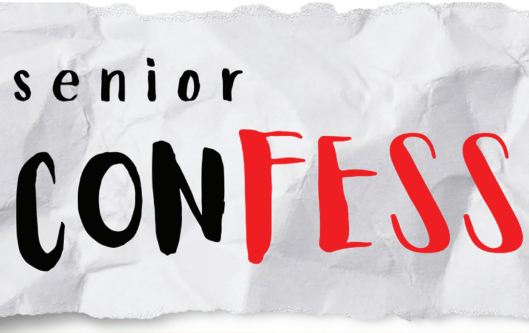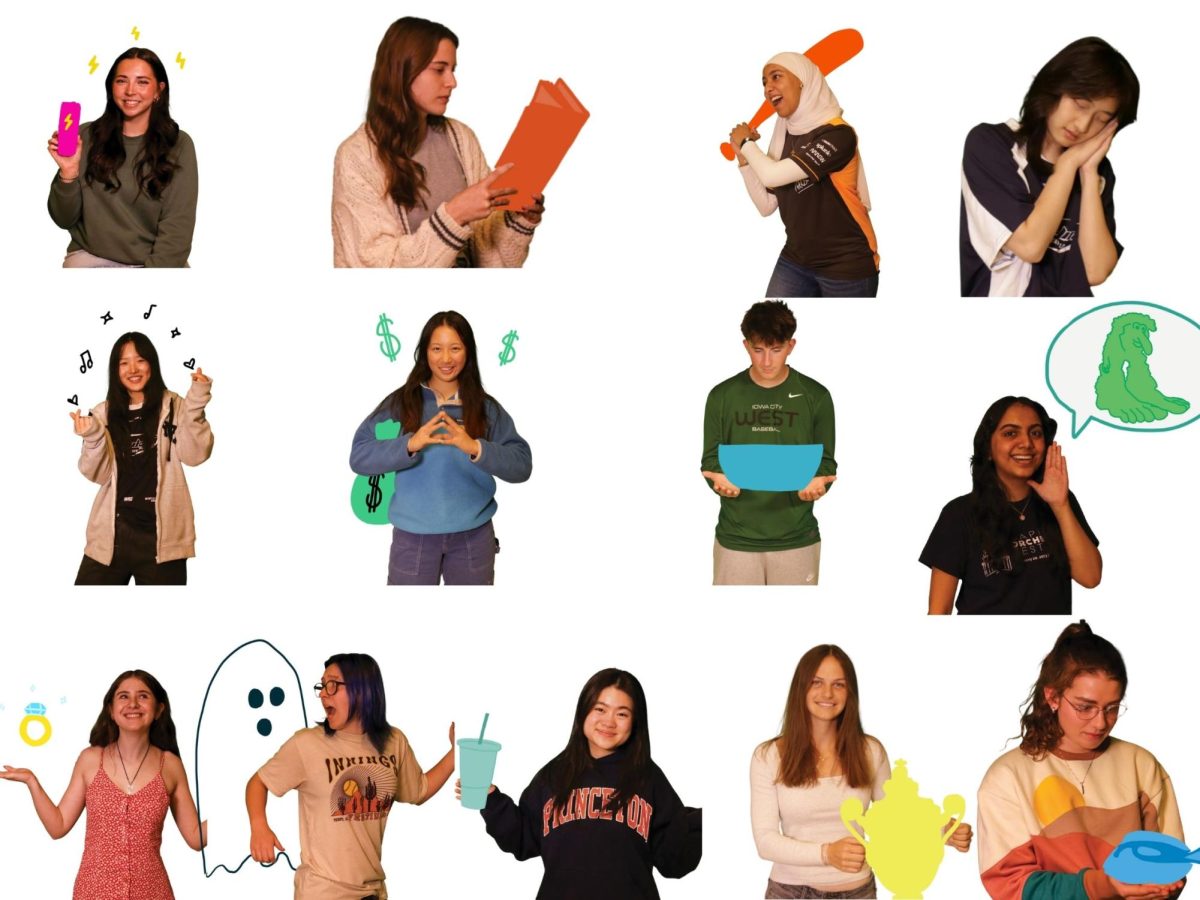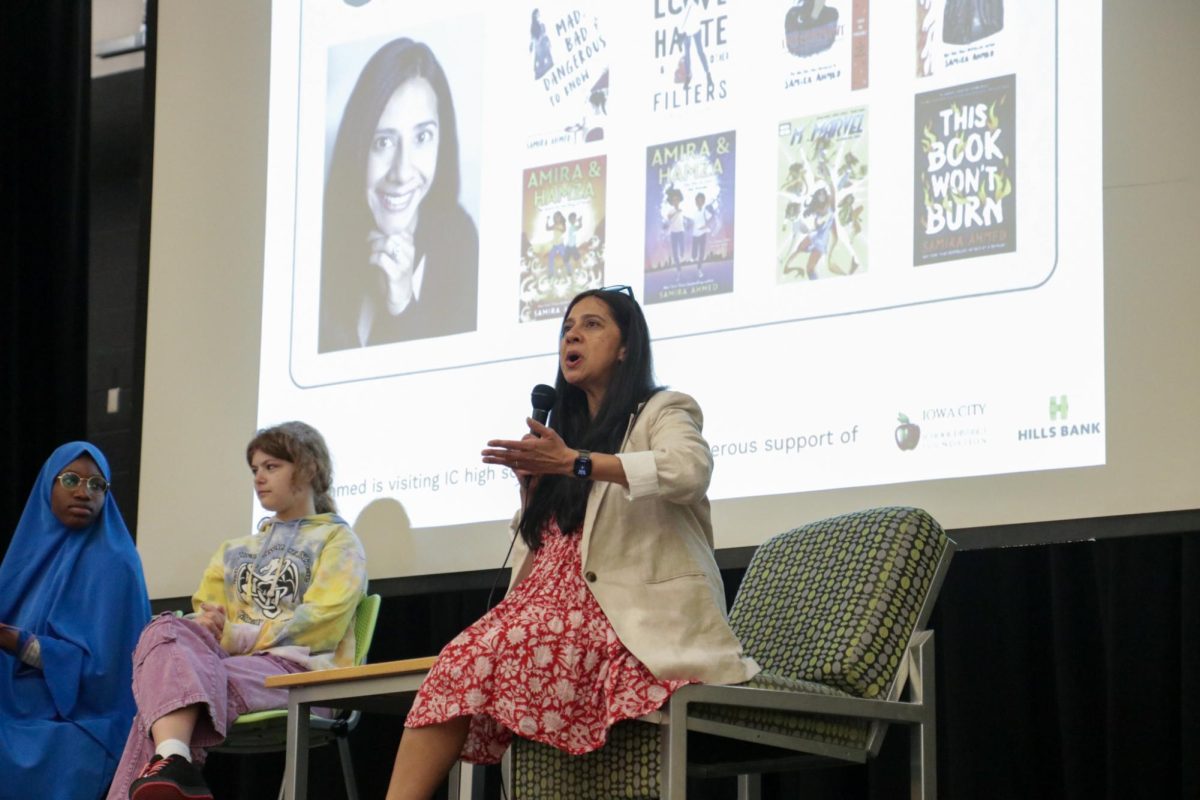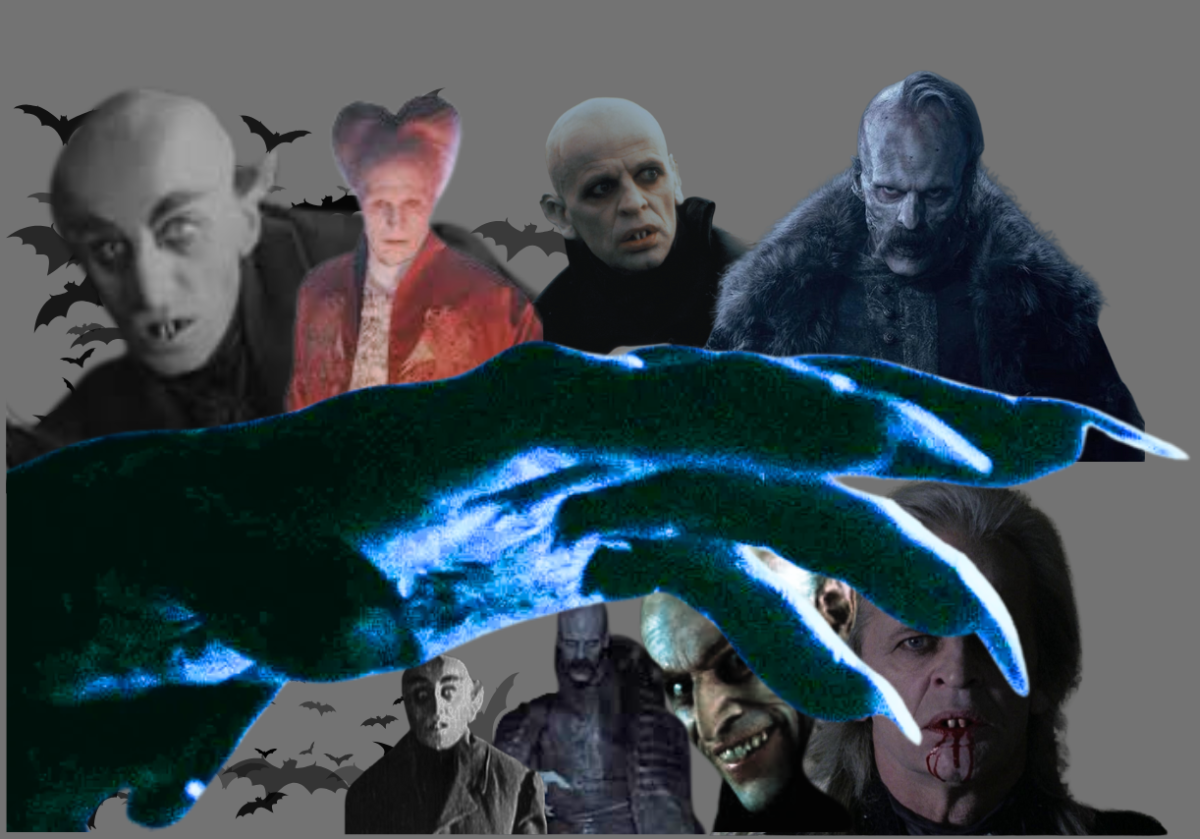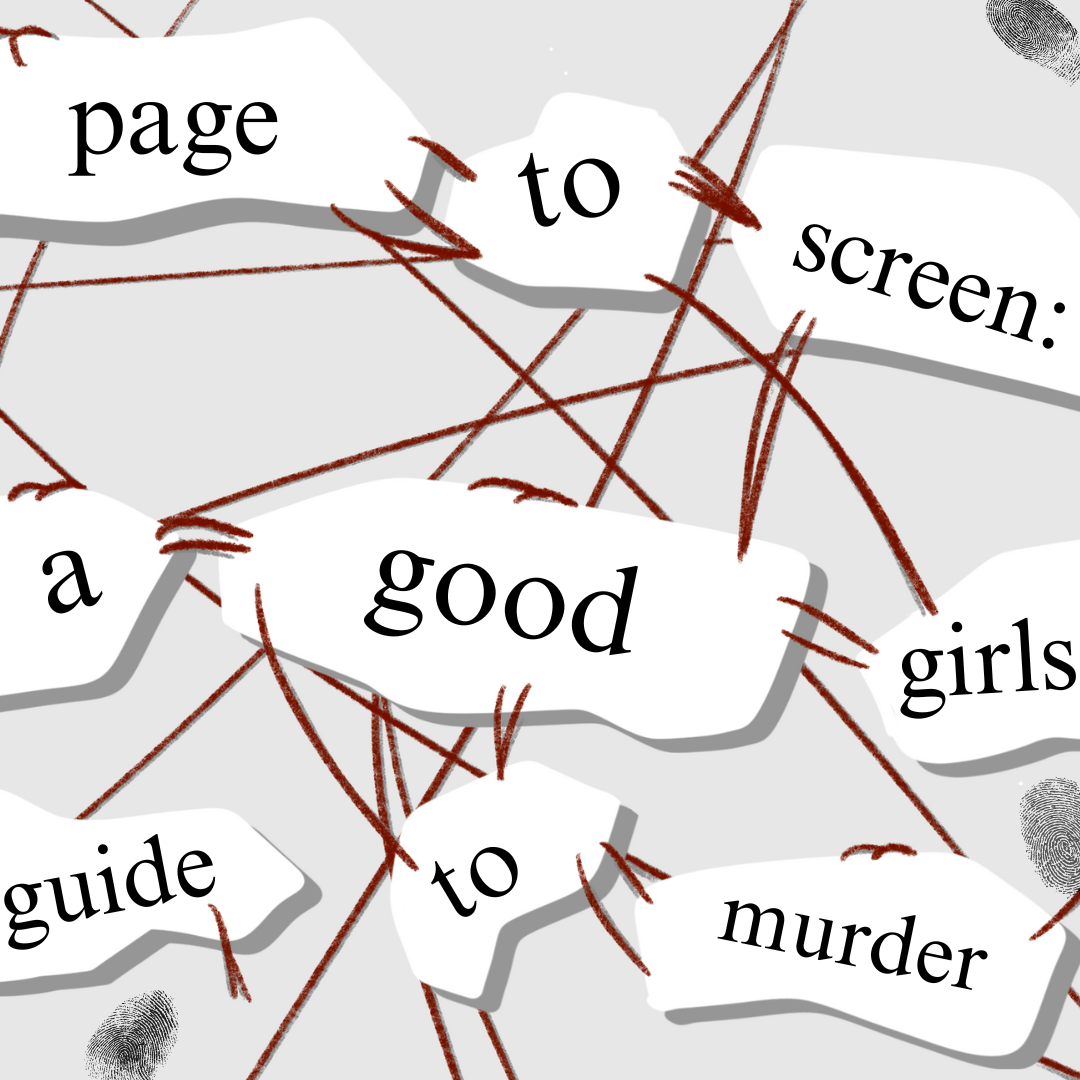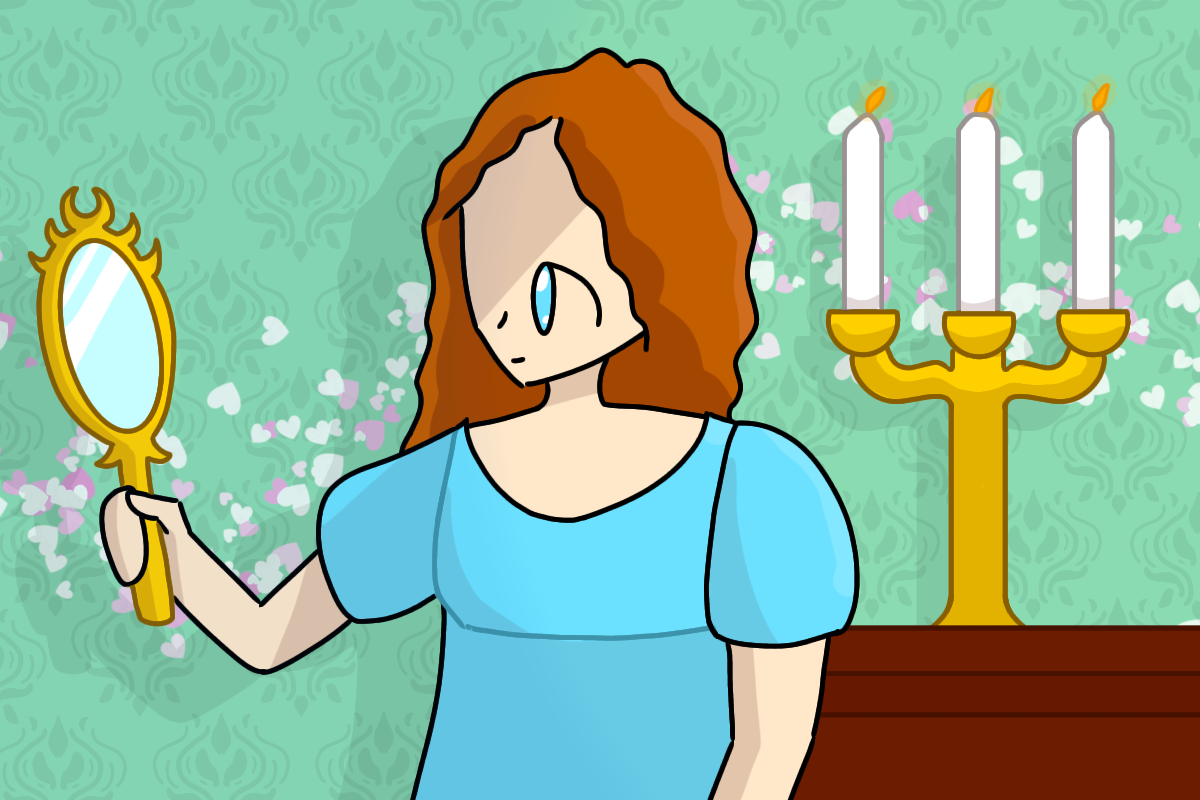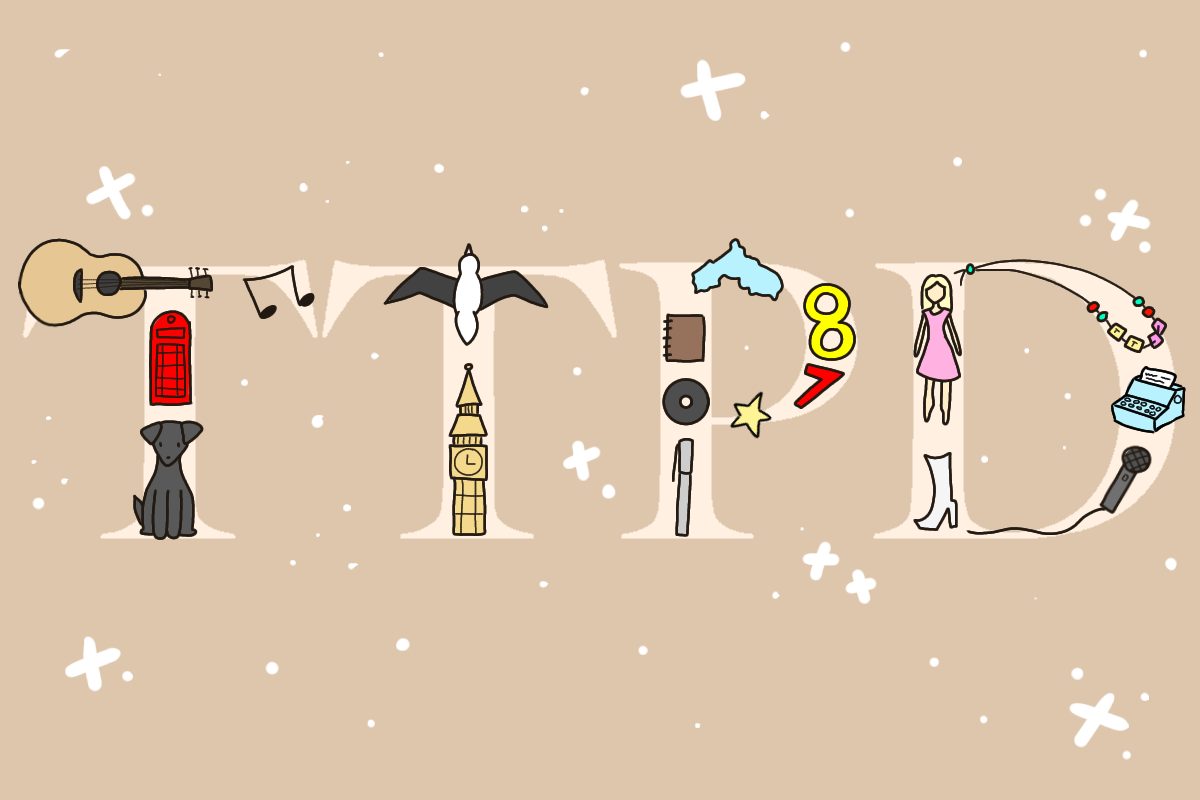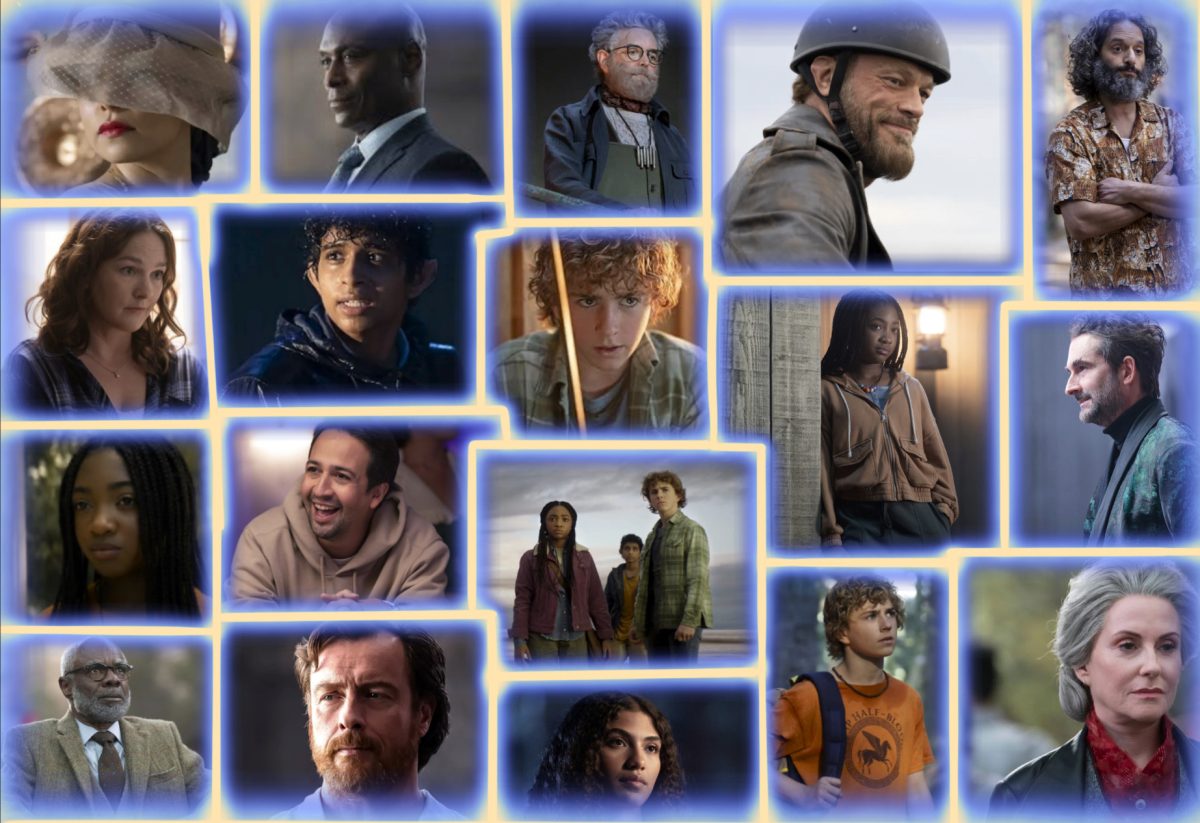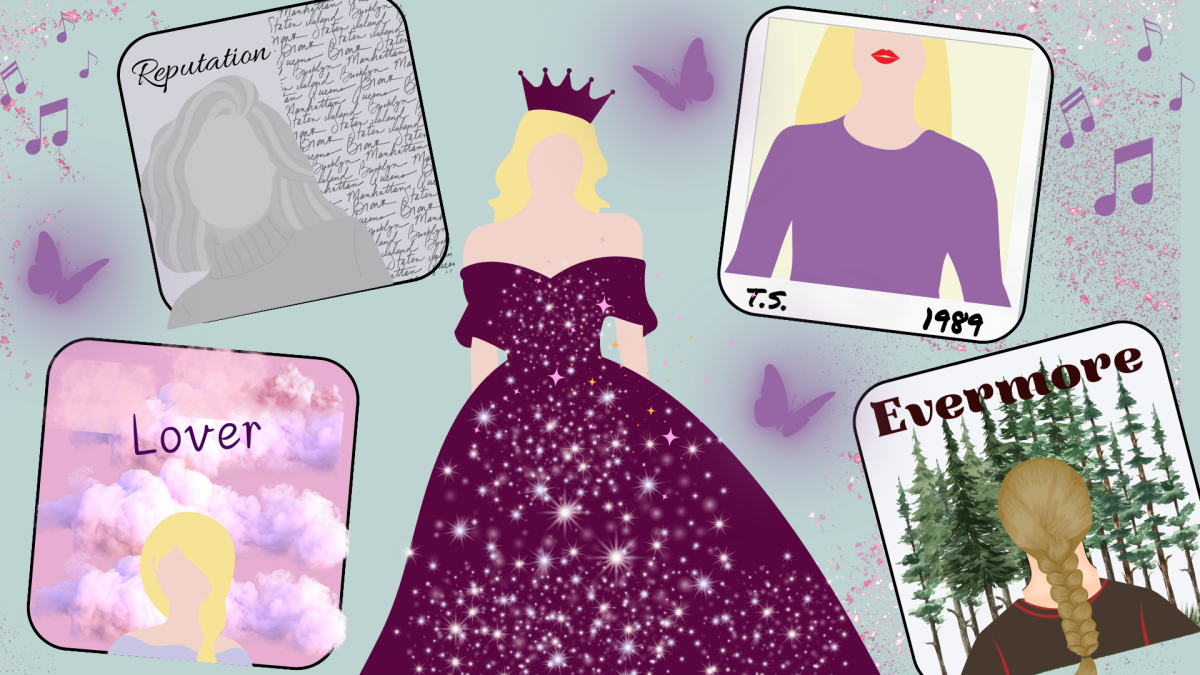Since I first saw the trailer in November, I had been impatiently awaiting the release of director Wes Anderson’s most recent film, the Grand Budapest Hotel. His harnessing of saturated colors, deadpan expressions and nostalgic toe-tappers create one of the most unique and pleasing movie aesthetics I’ve ever experienced in my life, and The Grand Budapest Hotel successfully regenerated my love of these offbeat films.
After embarrassedly waiting for my dad to buy me tickets as the movie was rated R and I am but 15 years old, I moseyed into the theater with my friend and was somewhat discouraged when I saw that everyone in attendance was either of the middle-aged demographic or a significantly hipper looking teen than myself. However, as I became absorbed in the movie all of my juvenility vanished into the bleak mountains of the fictional Zubrowkan Republic.
Ralph Fiennes stands out as hotel manager/playboy extraordinaire Gustave H., who, alongside his eager lobby boy, Zero Moustafa (portrayed by up-and-coming Tony Revolori), tries to escape the authorities who believe he was involved in the murder of an exceedingly wealthy countess. The duo’s performance as reluctant friends who become brothers at heart was executed wonderfully, although Zero’s fated romance with Saoirse Ronan’s character, Agatha, was disappointingly lacking.
The cinematography was as aesthetically pleasing as ever; flat colors, saturated hues, and his signature symmetry were present the entire film. I particularly enjoyed the scenes inside the gaudy hotel, with inhabitants in their era garb flitting about the lobby, as well as the various chases throughout the snowy Zubrowkan alps.
Dark, deadpan humor characterized the atmosphere of the film, although it never grew so dark as to keep me from realizing that it was, indeed, a comedy.
The soundtrack, composed entirely by Alexandre Desplat, is delightful, although differs slightly from his previous films in that it is wholly score and doesn’t include any of Anderson’s characteristic oldies or charming French swing. Particular stand-outs of the score were the mildly unsettling Mr. Moustafa and The War (Zero’s Theme).
I wish I could say things like this is the best Wes Anderson film since Rushmore, but seeing as I haven’t actually seen Rushmore I’ll settle with saying I liked it almost as much as I enjoyed The Royal Tenenbaums and Fantastic Mr. Fox. Despite being the least hip-looking teen in the whole audience, the movie was worth the $7.50 and the overpriced slushie (because, let’s face it, slushies are basically a movie necessity). If anything, see it for the dark humor, the score, and the historically accurate portrayal of Europe’s grand hotels.



